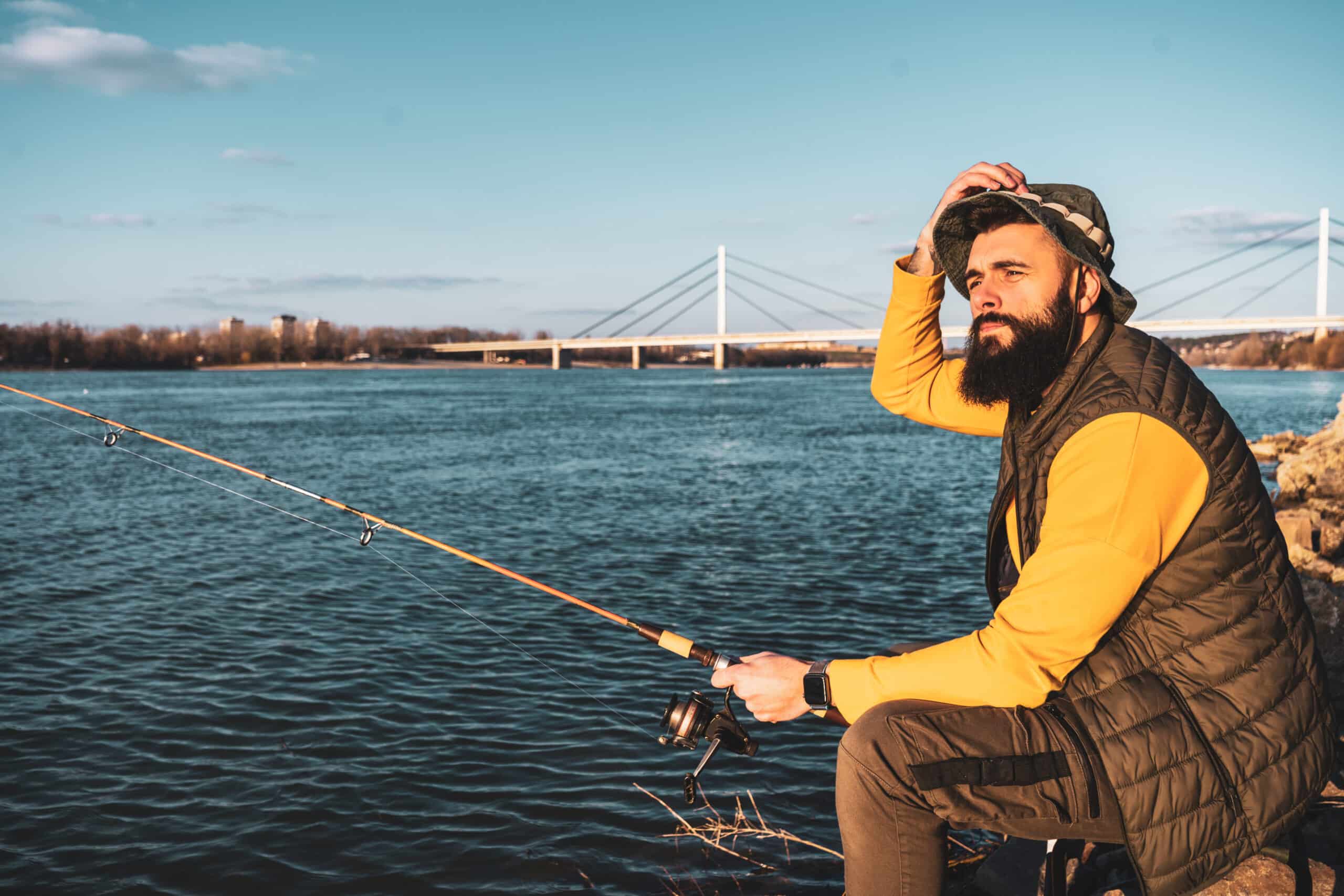What Happens if You Get Caught Without a Fishing License in Texas?
Key Takeaways
- Fishing without a license in Texas is a violation under the Texas Parks and Wildlife Code § 46.001 and can result in fines ranging from $25 to $500 for Class C misdemeanors, fines ranging from $200 to $2,000 and up to 6 months in jail for Class B misdemeanors, fines ranging from $500 to $4,000 and up to 1 year in jail for Class A misdemeanors, and fines ranging from $1,500 to $10,000 and up to 2 years in jail for state jail felonies.
- Fishing without a license can lead to the suspension or revocation of fishing license privileges for up to five years, and the forfeiture of hunting gear.
- Fishing without a license can result in the TPWD seeking civil restitution for the loss or damage to wildlife resources, with individuals required to pay a civil recovery value. Failure to pay civil restitution may result in a Class A misdemeanor, carrying a fine ranging from $500 to $4,000, potential jail time of up to 1 year, or both.
Fishing is a popular recreational activity in Texas, attracting both residents and visitors. However, it is important to follow the laws and regulations set forth by the Texas Parks and Wildlife Department (TPWD) to ensure the sustainability of fish populations and conservation efforts. One of the key requirements for fishing in Texas is obtaining a valid fishing license. But what happens if you get caught without a fishing license in Texas? Let’s explore the legal repercussions and penalties associated with fishing without a license in the Lone Star State.
Fines and Penalties
According to the TPWD, fishing without a license is considered a violation under the Texas Parks and Wildlife Code § 46.001. The specific consequences for fishing without a license can vary depending on the circumstances and severity of the violation.
For Class C misdemeanors, which are the least severe violations, fines can range from $25 to $500. Class B misdemeanors can result in fines ranging from $200 to $2,000, and individuals may face up to 6 months in jail. For more serious Class A misdemeanors, fines can range from $500 to $4,000, and individuals may be sentenced to up to 1 year in jail.
In certain cases, fishing without a license can be considered a state jail felony, which carries more severe penalties. For state jail felonies, fines can range from $1,500 to $10,000, and individuals may face up to 2 years in jail.
License Suspension and Forfeiture
In addition to fines and jail time, fishing without a license can also result in the suspension or revocation of fishing license privileges. The TPWD has the authority to suspend or revoke fishing licenses for up to five years, depending on the severity of the violation.
Furthermore, if hunting gear, including firearms, is used to commit the violation, it may be subject to forfeiture. This means that individuals caught fishing without a license may lose their hunting gear, in addition to facing fines and other penalties.
Civil Restitution
The TPWD also has the power to seek civil restitution for the loss or damage to wildlife resources resulting from fishing without a license. This means that individuals may be required to pay a civil recovery value determined by the department. Failure to pay the civil restitution may result in a license refusal.
Consequences of Failing to Pay Civil Restitution
If an individual fails or refuses to pay the civil restitution value determined by the TPWD, there can be further legal consequences. Hunting or fishing after failing or refusing to pay civil restitution is considered a Class A misdemeanor. This type of misdemeanor carries a fine ranging from $500 to $4,000, potential jail time of up to 1 year, or both.
Avoiding Legal Issues
To avoid legal issues and potential fines or penalties, it is crucial to obtain a fishing license before engaging in any fishing activities in Texas. Fishing licenses can be obtained online through the TPWD website or through authorized retailers, such as sporting goods stores or bait shops. The fees for fishing licenses vary depending on factors such as residency status and age.
By obtaining a fishing license, individuals contribute to the conservation efforts and management of fish populations in Texas. Fishing licenses help fund important programs that protect and enhance wildlife resources, ensuring future generations can also enjoy the beauty and excitement of fishing in the state.
Related Websites:
FAQs:
Q: Why is a fishing license required in Texas?
A fishing license is required in Texas to protect the environment, regulate fishing activities, and support conservation efforts. It helps maintain healthy fish populations and ensures sustainable fishing for future generations.
Q: What are the consequences of fishing without a license in Texas?
Fishing without a license is considered a violation of the law in Texas. The potential penalties include fines, citations, or even criminal charges. Ignorance of the law is not a valid defense if caught without a license.
Q: How is fishing without a license enforced in Texas?
Fishing without a license is enforced in Texas through patrols by game wardens and other law enforcement agencies. Wardens have the authority to request identification and conduct inspections. They may also use various surveillance techniques to detect fishing violations.
Q: What are some alternatives to fishing without a license in Texas?
For those who do not have a fishing license, alternative activities to enjoy nature in Texas include hiking, wildlife watching, or picnicking. It is recommended to obtain a fishing license if interested in fishing to avoid any legal issues.
Q: How can I obtain a fishing license in Texas?
To obtain a fishing license in Texas, you can purchase one online, over the phone, or at various retail locations. It is important to familiarize yourself with the specific fishing regulations and rules associated with your fishing license.






